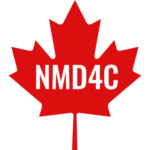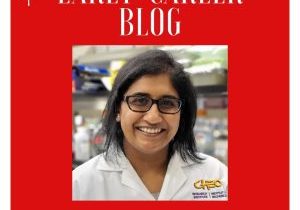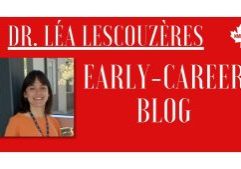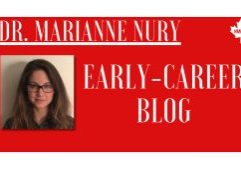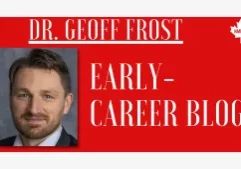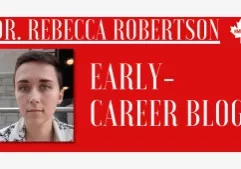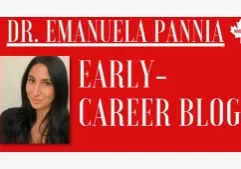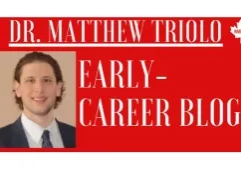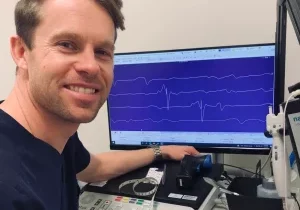Dr. Melissa Bowerman’s Blog
About Dr. Bowerman
Dr. Bowerman is a Lecturer in Bioscience at the School of Medicine at Keele University, a group Member of the Wolfson Centre for Inherited Neuromuscular Disease in Oswestry and a principal investigator in the UK SMA Research Consortium.
Dr. Bowerman completed her Ph.D. (2006-2012) in Dr. Rashmi Kothary's laboratory (Ottawa Hospital Research Institute (OHRI)/University of Ottawa, Canada) where she held a CIHR Frederick Banting and Charles Best doctoral award and received the OHRI Dr. Ronald G. Worton Researcher in Training Award. Dr. Bowerman then joined Dr. Cedric Raoul's laboratory at the Institut des Neurosciences de Montpellier in France as an EMBO Long-Term Fellow (2012-2014). From 2014-2016, Dr. Bowerman was a postdoctoral research assistant at the University of Oxford in Professor Matthew Wood's group. In October 2015, Dr. Bowerman was the recipient of a Junior Research Fellowship at Somerville College, University of Oxford (2015-2017). In January 2016, Dr. Bowerman was awarded and SMA Trust Career Development Fellowship at the University of Oxford.
Dr. Bowerman’s current research interests are on identifying pathological players in skeletal muscle and other metabolic tissues and evaluate how they mediate and exacerbate muscle pathology and metabolic defects in spinal muscular atrophy (SMA). Importantly, a key feature of her work is to develop novel therapeutic approaches (using omics, bioinformatics and drug repurposing strategies) that can be used in combination with clinically relevant SMN gene-based therapies.
For further information on Dr. Bowerman’s research and public engagement activities: https://www.thebowermanlab.com/
For more blog posts from Dr Bowerman: https://www.itsmissmomdr.com/
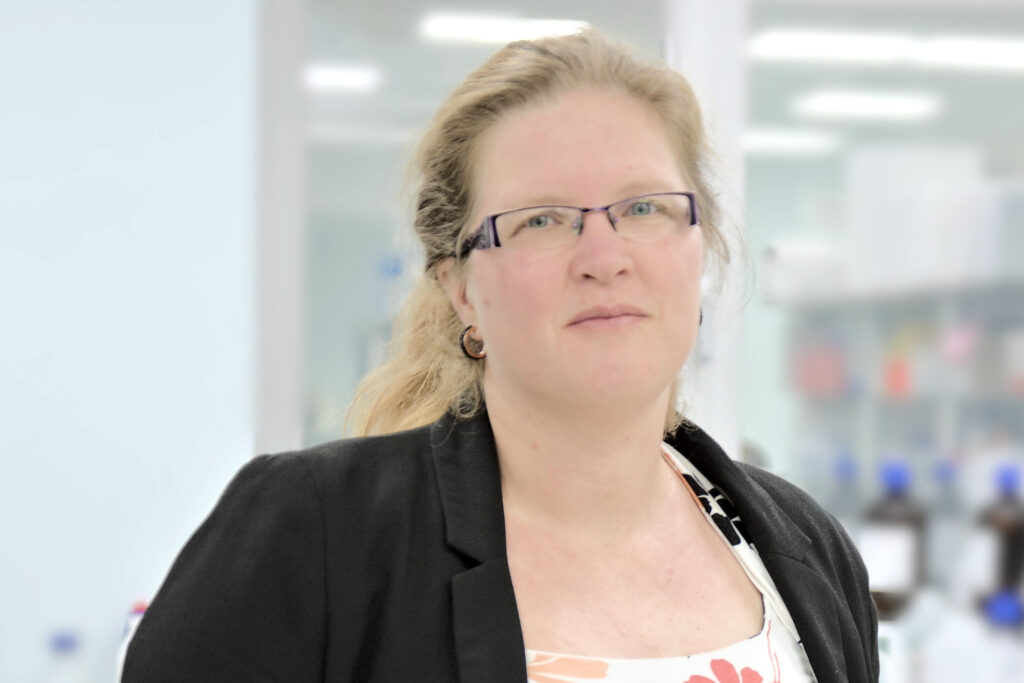
Dr. Bowerman's blog
Dear senior established researcher, now more than ever, please lend a helping hand to early career researchers (ECRs)
When the first COVID-19 lockdown happened (March 17th for us in the UK), it was so sudden and drastic that the next few months were simply a whirlwind of parenting, teaching, research and mentoring duties. I felt like I was constantly treading water, appearing calm at the surface but inwardly fighting to keep my sanity and motivation.
Things have calmed down now (a bit) as the kids are back in school and the labs have re-opened since July. Teaching is mostly online but we have held a few in situ labs and what a joy it has been to see and interact with the students.
However, as I now have more head space, I am stricken with mild panic as I realise that while these last few months have been difficult in terms of research, the worse, unfortunately, is yet to come. Charities that fund rare disease research have been heavily impacted by the pandemic and not only will available funding be severely depleted in the next few years but competition for those funds will be fiercer.
Which inadvertently means that ECRs will be more than ever going head to head with established groups that have more soft funds to keep their research activities going and generate preliminary data.
While the reality of the funding landscape over the next few years is a bit out of our hands, what will and can help ECRs is support from the established senior researcher.
Now, more than ever, senior established researchers should think about how they can support ECRs by:
- Asking us to collaborate on projects, papers and grant proposals
- Inviting us to give talks at conferences and seminars
- Recommending our labs to prospective trainees
- Providing fair and just reviews of our manuscripts and grants
But more importantly, offer us a shoulder to lean on for a little while as, you never know, you may need to lean on us for a little while too…
